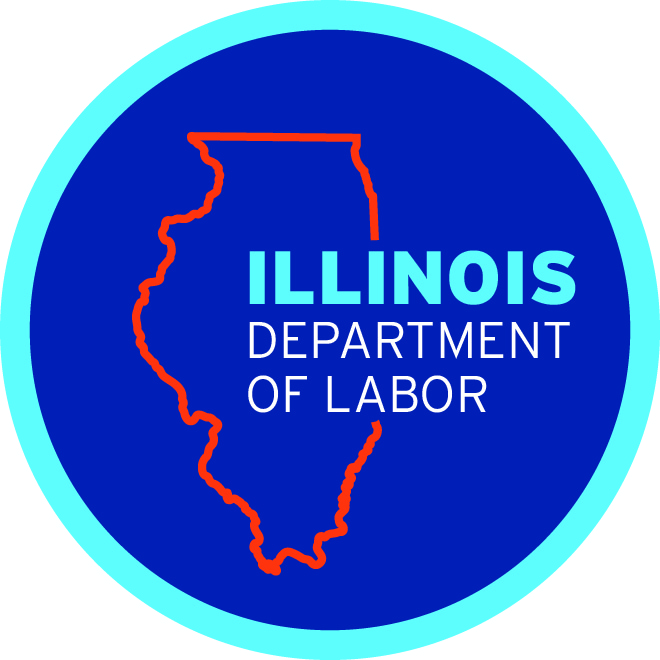Consumer Coverage Disclosure FAQ
The Frequently Asked Questions (FAQs) provided below highlight topics and specific questions that are often asked of the Illinois Department of Labor (IDOL). The information provided in the FAQs is intended to enhance public access and understanding of IDOL laws, regulations and compliance information.
The FAQs should not be considered a substitute for the appropriate official documents (i.e. statute and/or administrative rules.) Individuals are urged to consult legal counsel of their choice. Court decisions may affect the interpretation and constitutionality of statutes. The Department cannot offer individuals legal advice or offer advisory opinions. If you need a legal opinion, we suggest you consult your own legal counsel. These FAQs are not to be considered complete and do not relieve employers from complying with applicable IDOL laws and regulations.
- 1. Where can I obtain a list of Essential Health Benefits as identified by the State of Illinois?
- 2. As an employer, how do I fill out the chart of Essential Health Benefits?
- 3. I am an employer and have already provided my employees with information on the health benefits covered by whichever health plan they choose. Do I still need to provide them with the specific form provided by the Department of Labor?
- 4. Is my business required to provide all the Essential Health Benefits listed on the chart?
- 5. Will my business be penalized if my employer-provided group health insurance coverage benefits are not the same as those included in the Essential Health Benefits list?
- 6. Does this requirement apply to ERISA or self-funded plans?
- 7. What does the information in the "Benchmark Page # Reference" column in the Listing refer to?
- 8. Does this Act apply to any employer who has employees working in Illinois?
- 9. I'm an employer. The health coverage I offer covers some of the benefits on the Benchmark Plan, but not to the extent required by the Benchmark Plan. How should I fill out the form?
The list of Essential Health Benefits is available here. The Consumer Coverage Disclosure Act requires employers to notify employees of which of these Benefits are and are not covered by their employer-provided group health insurance coverage.
Employers should compare the health benefit coverage provided by each of your group health insurance policies to the chart, and indicate which benefits are and are not covered by the policy. Your insurance carrier or broker may be able to help you compare the coverage provided by the policy or policies provided your business to the list of essential health benefits.
You do not have to provide employees the specific form provided by the Department of Labor. However, your disclosure must comply with the requirements of the Consumer Coverage Disclosure Act, such as providing your employees clear information about which Essential Health Benefits your employer-provided group health insurance covers and which Essential Health Benefits are not covered. You may find the linked list of Essential Health Benefits here. In order to be in compliance, you must also freely provide this information to your employees upon hire, annually, and upon request.
The Consumer Coverage Disclosure Act (Public Act 102-0630) does not impose coverage requirements on employers. It only imposes disclosure requirements. The benefits that employers are required to cover may depend on whether your plan is self-funded or fully insured, and whether you are a small employer or a large employer. If you have questions about the legal requirements applicable to your coverage, contact an attorney.
The Consumer Coverage Disclosure Act does not impose coverage requirements on employers. It only requires certain disclosures to your employees about coverages you provide. If you have questions about legal requirements applicable to your coverage, contact an attorney.
A: Because the Consumer Coverage Disclosure Act creates a benefits notification requirement for all Illinois employers, regardless of the type of insurance they provide, and does not mandate insurance provisions or otherwise have any direct impact on employer-provided group health insurance coverage, employers who provide self-insured plans and/or ERISA plans are subject to the provisions of the Act.
The page numbers in that column refer to where the benefit in question appears in the Access to Care and Treatment Benchmark Plan and the Pediatric Dental Plan as provided by the Department of Insurance.
The Department utilizes the employee's "base of operations" test to determine whether an employer and its employees are subject to this Act. The Department will look at specific factors of a situation to determine base of operations.
Examples:
- An employee who works at a store location in Illinois for a company headquartered in Missouri would be covered.
- An employee who has an office in Illinois but frequently travels to other states to make deliveries would be covered.
- An employee lives in Illinois and sometimes reports to work at an office in Missouri, but sometimes stays home to work from home. The Department would look at the facts of this specific situation, including the specifics of the work-from-home arrangement, to determine if a violation occurred.
In this situation, an employer should answer "Yes, partially" or "Partially" and explain the discrepancy. Answering "yes" if the coverage does not match the full extent of the benchmark plan may be considered misinformation.
Example:
The Benchmark Plan calls for cardiac rehabilitation therapy for up to 6 months after a cardiac incident (heart attack) (page 13 of the Plan.) An employer whose health plan covers cardiac rehabilitation therapy for up to 3 months after a cardiac incident should mark "Partial" and explain how its coverage differs from the Benchmark plan.

